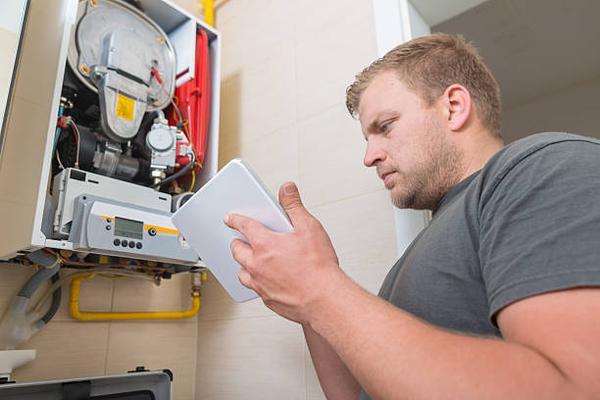Water heaters are essential appliances in every household, providing hot water for showers, washing dishes, and laundry. However, not all water heaters are created equal when it comes to energy efficiency. Understanding the efficiency ratings of water heaters can help homeowners make informed decisions when choosing a new unit.
The first thing to know about water heater efficiency ratings is the Energy Factor (EF). The EF is a measure of how efficiently a water heater converts energy into hot water. The higher the EF rating, the more efficient the unit is at heating water. This rating takes into account factors such as standby heat loss, cycling losses, and recovery efficiency.
Another important factor to consider when looking at water heater efficiency ratings is the Uniform Energy Factor (UEF). The UEF is a newer standard that provides a more accurate representation of a water heater’s overall energy efficiency compared to the EF rating. It takes into account different usage patterns and accounts for variations in temperature and climate.
When comparing different types of water heaters, it’s important to understand their respective efficiency ratings. For example, tankless water heaters typically have higher EF and UEF ratings compared to traditional storage tank models. Tankless units heat water All-Star Plumbing on demand without storing it in a tank, reducing standby heat loss and improving overall energy efficiency.
Heat pump water heaters are another option that offers high energy savings due to their innovative technology. These units extract heat from the air or ground to warm up the stored water in the tank. Heat pump models have some of the highest EF and UEF ratings among all types of residential water heaters.
It’s also worth noting that gas-powered storage tank models can be highly efficient if properly sized and maintained. Gas units with condensing technology capture exhaust gases to preheat incoming cold water, increasing overall energy efficiency.
In addition to understanding efficiency ratings, homeowners should consider other factors when selecting a new water heater. These include size requirements based on household needs, installation costs, maintenance requirements, and warranty coverage.
In conclusion, understanding Water Heater Efficiency Ratings is crucial for making informed decisions about which unit best suits your home’s hot-water needs while saving money on utility bills in the long run. By considering factors such as Energy Factor (EF), Uniform Energy Factor (UEF), type of unit (tankless or storage tank), and additional features like heat pump technology or condensing gas technology homeowners can choose an efficient model that meets their specific requirements while minimizing environmental impact through reduced energy consumption.
All-Star Plumbing
4003 N Main St, High Point, NC 27265
336-962-6945




